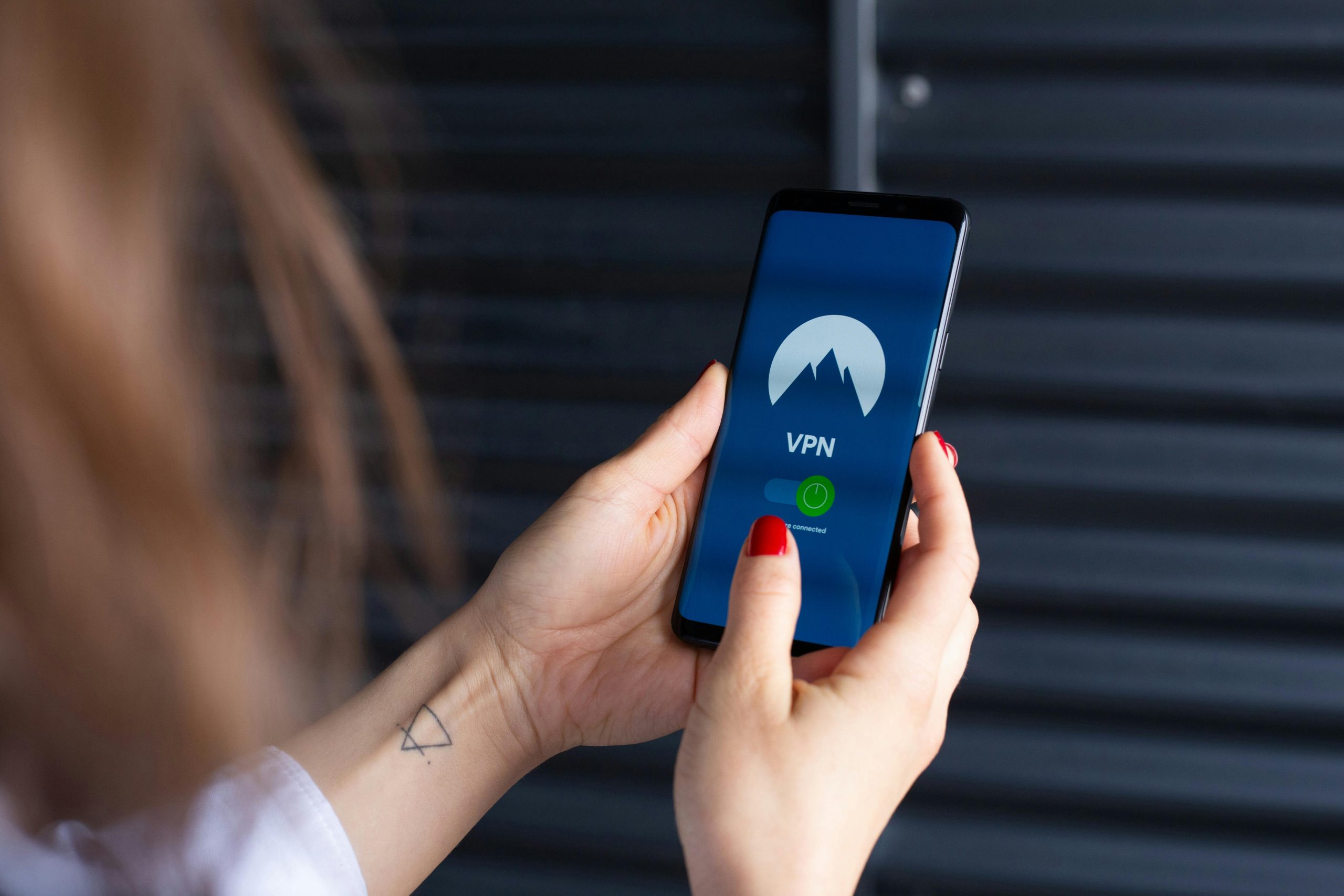Are you sacrificing your online safety for the sake of gaming? The rise of cyber threats has made many players turn to VPNs for protection, but this raises an important question: is such a move in violation of Steam’s Terms of Service? As online gaming becomes increasingly popular, understanding these policies is vital to ensuring a smooth and secure experience. In this article, we will unravel the details of Steam’s TOS regarding VPN usage and arm you with the knowledge to make informed decisions about your gaming setup.
Understanding Steam’s Terms of Service
Steam’s Terms of Service (TOS) serve as a foundational document that governs the relationship between users and the platform, outlining user rights and responsibilities. One critical aspect of the TOS is its emphasis on account integrity and security. Users are explicitly prohibited from engaging in activities that might compromise their accounts, including the use of VPNs to manipulate regional pricing or bypass geographical restrictions. This clause not only aims to protect users from potential fraud but also ensures compliance with regional licensing agreements that developers and publishers enforce.
Moreover, understanding the implications of violating these terms can be eye-opening. Engaging in practices deemed against the TOS can lead to penalties ranging from temporary suspensions to permanent bans. The enforcement of these rules highlights Steam’s commitment to maintaining a fair marketplace for all users. However, it also raises questions about user autonomy—how much control should a platform have over how we access and enjoy digital content? As gamers increasingly seek ways to enhance their experience through tools like VPNs, it’s essential to consider both the ethical ramifications and potential risks involved in navigating Steam’s TOS landscape.

What is a VPN and How It Works
A Virtual Private Network (VPN) acts as a secure tunnel between your device and the internet, encrypting your data and masking your IP address. This means that when you connect to a VPN, your online activities are shielded from prying eyes, including hackers, government surveillance, and even your Internet Service Provider. The encryption process transforms your data into a code that can only be deciphered by the VPN server, ensuring that your information remains private and secure while you browse or stream content.
Furthermore, VPNs allow users to bypass geographical restrictions by rerouting their internet traffic through servers located in different countries. This feature can be particularly appealing for gamers on platforms like Steam, as it enables access to games and content that may be restricted in their region. However, while this can enhance the gaming experience, it’s essential to understand the implications regarding terms of service—some platforms explicitly prohibit the use of VPNs to manipulate regional access. Thus, while a VPN offers enhanced security and freedom online, it also comes with responsibilities and potential risks that users should carefully consider.
Common Reasons for Using a VPN
One of the most compelling reasons for using a VPN is to enhance online privacy and security. In an age where data breaches and cyber threats are rampant, a VPN encrypts your internet connection, making it nearly impossible for hackers or prying eyes to intercept your personal information. This is particularly crucial for gamers who often share sensitive details, such as payment information and account credentials, while engaging in online transactions. By masking your IP address, a VPN not only protects your identity but also allows you to browse the web with confidence.
Another significant reason gamers opt for a VPN is to bypass geographical restrictions. Many games and content are region-locked, meaning players in certain countries may miss out on exclusive titles or updates. A VPN enables users to connect to servers in different locations, effectively tricking platforms like Steam into thinking they are accessing the service from a permitted region. This flexibility not only broadens gaming options but can also lead to cost savings; prices for games can vary significantly between regions, and savvy gamers can take advantage of these discrepancies. Ultimately, using a VPN can transform the gaming experience, opening up new possibilities while safeguarding personal data.

Risks of Using a VPN with Steam
While using a VPN with Steam can provide certain advantages, such as bypassing regional restrictions or enhancing privacy, it also carries significant risks that gamers should be aware of. One of the primary concerns is the potential for account bans. Steam’s Terms of Service explicitly state that any form of account sharing or circumvention of regional pricing could lead to suspension or permanent banning of your account. If Valve detects VPN usage that contradicts their policies, you might find yourself locked out of your library, losing access to games you’ve invested in.
Moreover, the performance issues associated with VPNs can disrupt your gaming experience. Latency and ping times can increase dramatically when connecting through a VPN server, which may result in lag during gameplay and an overall frustrating experience. This is particularly detrimental for competitive gamers who rely on split-second decisions and real-time interactions. Additionally, some VPN providers may not offer the security and reliability you expect, potentially exposing your personal data or leading to connection drops mid-game—an outcome that could cost you more than just a match. Ultimately, while the allure of a VPN may be strong, weighing these risks against the benefits is crucial for any serious gamer.
Legal Implications of VPN Usage
While using a VPN can enhance online privacy and security, it also introduces a complex legal landscape that users must navigate. Many countries have specific laws regulating the use of VPNs, and in some jurisdictions, using a VPN to bypass geo-restrictions—like those imposed by Steam—could be considered a violation of local laws. For example, in nations where internet censorship is strict, utilizing a VPN to access restricted content might lead to legal repercussions, including fines or even imprisonment. Thus, understanding the local laws is crucial before engaging in VPN usage for gaming purposes.
Moreover, the Terms of Service (TOS) agreements of platforms like Steam often contain clauses that prohibit the circumvention of geographical restrictions. Violating these terms could result in account suspension or banning, which not only affects your current gaming experience but could also lead to the loss of purchased games and digital assets. As players increasingly rely on VPNs to access exclusive content or better deals, the risk of being flagged for unusual activity grows. Therefore, while a VPN can be a valuable tool for enhancing privacy, users must weigh the potential legal ramifications and consider the ethical implications of their online behavior within the gaming community.

Should You Use a VPN?
Using a VPN can offer significant advantages, but it’s essential to weigh these benefits against the potential risks and ethical considerations. For gamers, a VPN can provide enhanced privacy by masking your IP address, which is particularly appealing if you’re concerned about DDoS attacks or unwanted attention while gaming. Additionally, a VPN allows access to geo-restricted content, enabling players to enjoy games and features that might otherwise be unavailable in their region. However, this convenience comes with the caveat of potentially violating terms of service agreements, which could lead to penalties including account suspension.
Moreover, the choice to use a VPN should also take into account performance factors. While many assume that a VPN will slow down their connection due to added encryption, some high-quality providers actually enhance speed and stability, especially during peak times when local servers are overloaded. Yet, relying on a VPN can create an unpredictable gaming experience, as server locations and load balancing play crucial roles. Ultimately, the decision to use a VPN while gaming on platforms like Steam hinges not only on personal priorities regarding privacy and access but also on a commitment to understanding the implications of such a choice.











